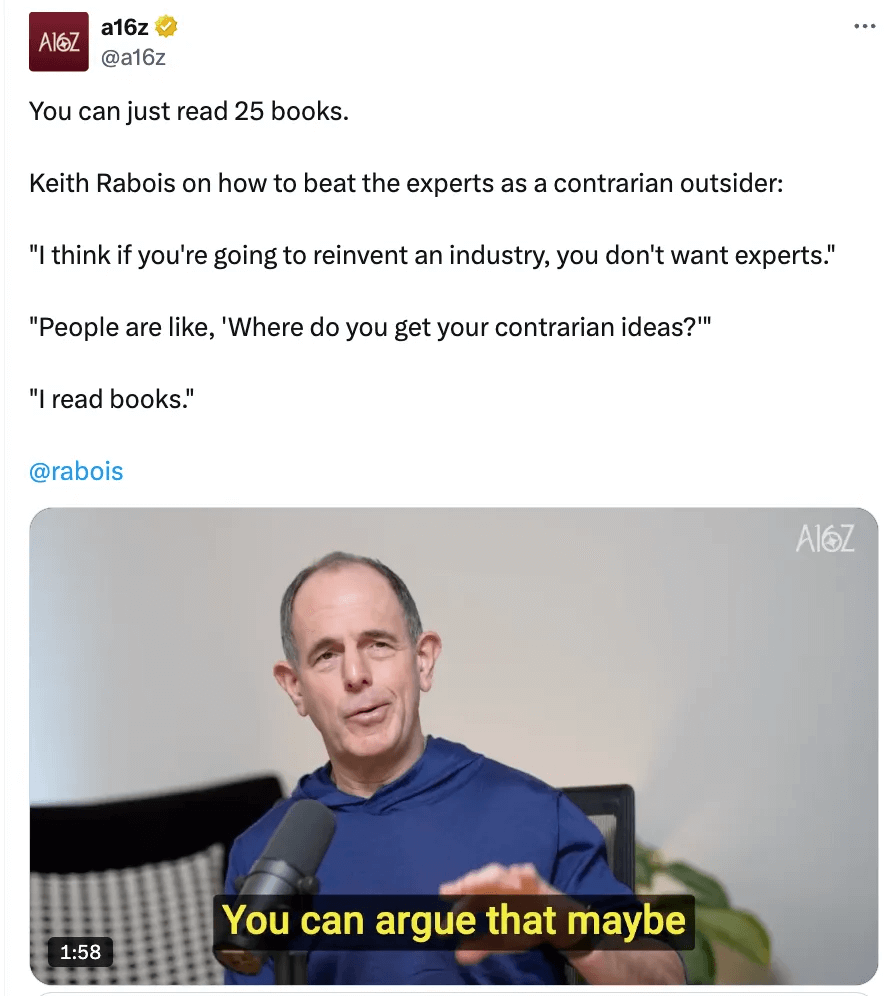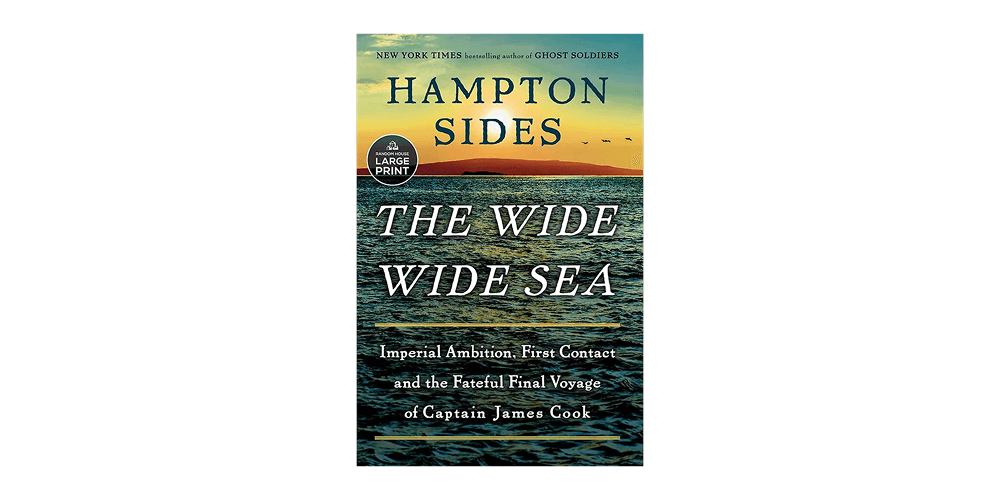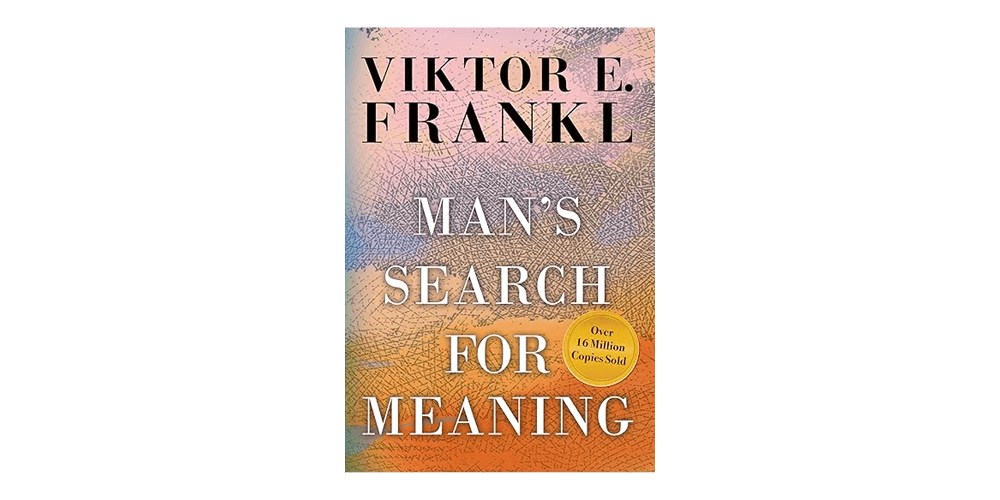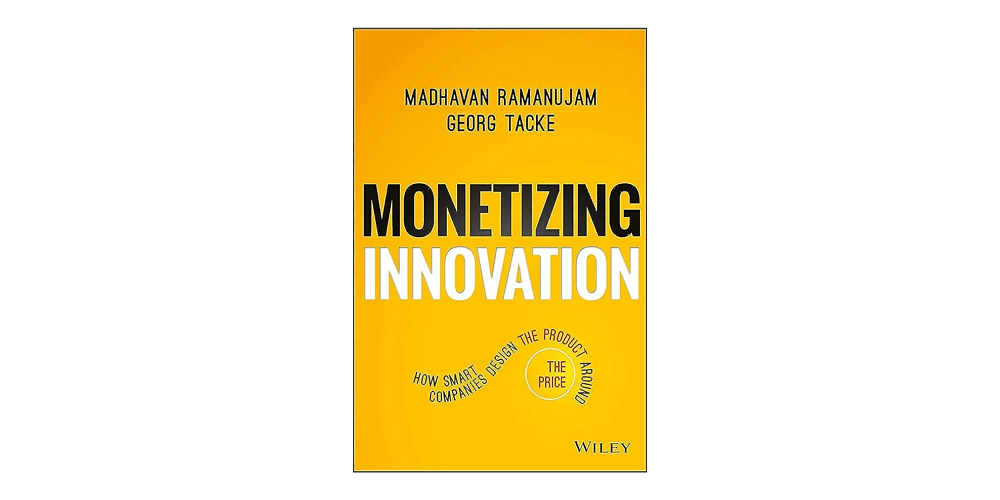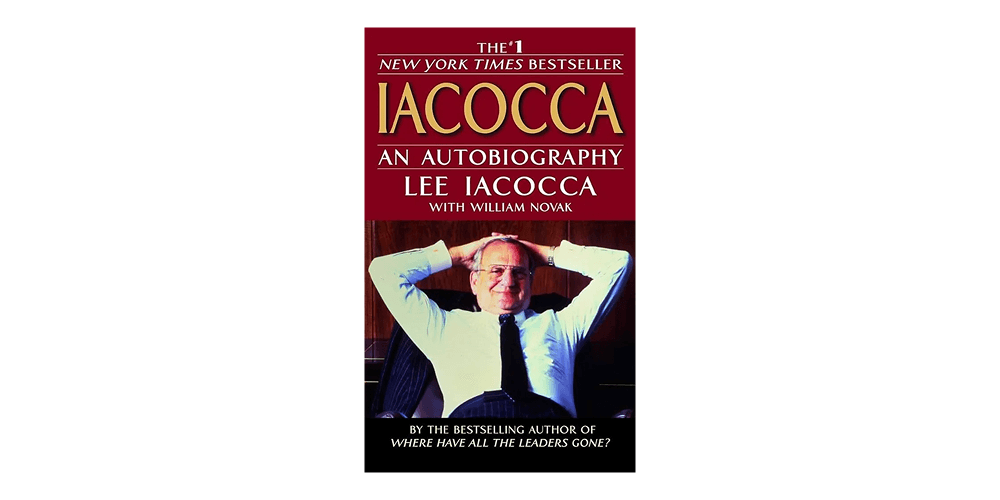If you want to beat experts as an outsider, turns out you can just read 25 books.
To get a better sense of where our own founders and team find their contrarian ideas, we asked them to send along an underrecognized book or two that shaped their thinking and that they think everyone else in tech should read.
Here’s what they shared.
Garrett Langley, founder and CEO of Flock Safety
The Wide Wide Sea by Hampton Sides
Whenever I feel like work is hard or life is tough, I remind myself I could be in the middle of the ocean on a boat in the 18th century.
Napoleon: A Life by Andrew Roberts
Most underrated historical figure. Rome is overdone.
Qasar Younis, founder and CEO of Applied Intuition
Sam Walton: Made in America by Sam Walton
This is perhaps my all-time favorite business book, even though it’s an autobiography. Maybe because it’s hard to separate Sam Walton from Walmart, it seems it’s as much of a story of a business as it is a man. What is particularly impressive about the Sam Walton story is how seemingly straightforward it is: build a good business, treat people well, and attain success. Like Warren Buffet, Walton shows how a few guiding principles followed for long periods of time can have a tremendous impact.
Jesse Zhang, cofounder and CEO of Decagon
Man’s Search for Meaning by Viktor E. Frankl
Keeps everything in perspective. Not hard for founders to maintain grit when others have suffered far worse.
Good to Great by Jim Collins and Crossing the Chasm by Geoffrey A. Moore
Stories of successful and failed businesses and the importance of marketing.
The Score Takes Care of Itself by Bill Walsh
Good to internalize learnings from high-performance sports.
Ashwin Sreenivas, cofounder of Decagon
The Wright Brothers by David McCullough
Great book showing the difficulty/non-linear pace of invention and how slow adoption often is. There’s a section of the book that shows how long it took the Wright brothers to convince the army to buy from them. You’d think that building a flying machine would have been an automatic buy from the army, but no!
Ali Ghodsi, cofounder and CEO of Databricks
Editor’s note: we couldn’t pick just *one* of Ali’s recs, so we’re including them all below.
Monetizing Innovation by Madhavan Ramanujam and George Tacke
The ultimate pricing book. Helped me design pricing at Databricks.
Who by Geoff Smart and Randy Street
How to hire methodically. All Databricks hiring is built on this book.
The Effective Executive by Peter F. Drucker
How to scale your 24 hours. Peter Drucker favorite.
Innovator’s Solution by Clayton M. Christensen and Michael E. Raynor
Everyone knows the Innovator’s Dilemma. But how do you get around it? This book covers it.
Competing Against Luck by Clayton M. Christensen
How do you build amazing products? This book is the essence of the famous Jobs To Be Done framework that so many PMs use.
Decisive by Chip Heath and Dan Heath
What human fallacies make us poor decision makers? How do we get around them to make great decisions?
Tarek Mansour, cofounder and CEO of Kalshi
The Misbehavior of Markets by Benoit Mandelbrot
If you love math and are intrigued by markets, the book is an absolute masterpiece. Mandelbrot is incredible.
Shiv Rao, cofounder and CEO of Abridge
In Praise of Shadows by Jun’ichirō Tanizaki
Taste matters more than ever in this AI moment. Tanizaki’s essay explores how light, darkness, and shadow shape perception, architecture, materials, even food. It’s a meditation on the power of subtlety, craft, and depth; and it’s a reminder that design and technology are, at their core, cultural acts.
David George, general partner and head of Growth fund
Liftoff and Reentry by Eric Berger
While Walter Isaacson’s Elon Musk bio gets due credit, Berger’s books capture the chaos, engineering brinkmanship, and survival mindset of SpaceX fighting for its existence. Berger’s books are more about the making of the company and more engineering-heavy than personality-heavy.
Sarah Wang, Growth general partner
Iacocca: An Autobiography by Lee Iacocca
I found this book in my basement in 8th grade, couldn’t put it down, and still re-read it every few years. An immigrant who changed his name, rose to the top of the most American company, fathered the Mustang, got knocked down and picked himself back up to do it again. Timeless and a reminder what to do when you hit tough times.
I found this book in my basement in 8th grade, couldn’t put it down, and still re-read it every few years. An immigrant who changed his name, rose to the top of the most American company, fathered the Mustang, got knocked down and picked himself back up to do it again. Timeless and a reminder what to do when you hit tough times.
Alex Rampell, Apps general partner
Incredible story, and useful for any team to understand how to emerge from near certain defeat.
Anish Acharya, Apps general partner
Intellectuals and Society by Thomas Sowell
A powerful lesson in the role that intellectuals have had in shaping modern political discourse and society.
Yoko Li, partner
Why Fish Don’t Exist by Lulu Miller
The book is a reminder that systems, categories, and frameworks are useful until the world outgrows them. Real progress often comes from noticing when structure becomes constraint and staying open to the messy, evolving reality underneath.
Alex Danco, editor-at-large at a16z
The Magic Mountain by Thomas Mann
Sometimes reading fiction is the best way to understand the facts. The Magic Mountain, written by Thomas Mann a century ago, is one of the best books I’ve ever read for helping you “organize your thoughts”: how does everything in the western canon fit together? What really makes western civilization tick, and what makes it come undone? And—maybe life’s great organizing question across all of time and culture—what are you going to do when you face death?
Crowds and Power by Elias Canetti
The opening page of Crowds and Power gives me goosebumps every time I read it. If you want to understand what makes groups of individuals transform into a single crowd, how individual people can control and direct crowds, and how power can be understood as a property of crowds and their leaders, this is the book for you.
David Booth, head of ecosystem at a16z
Lifelong Kindergarten by Mitchel Resnick
A highly readable guide to how kids (and adults) learn best: by making stuff, playing, and sharing with the world. Author Mitchel Resnick developed the “scratch” programming language while at MIT, and through research shows that creativity grows when children build things that matter to them, experiment freely, and see themselves as capable of shaping the world. He ultimately argues that the rest of school—and life behind it—should be more like kindergarten.
Happy reading!
-

a16z New Media

